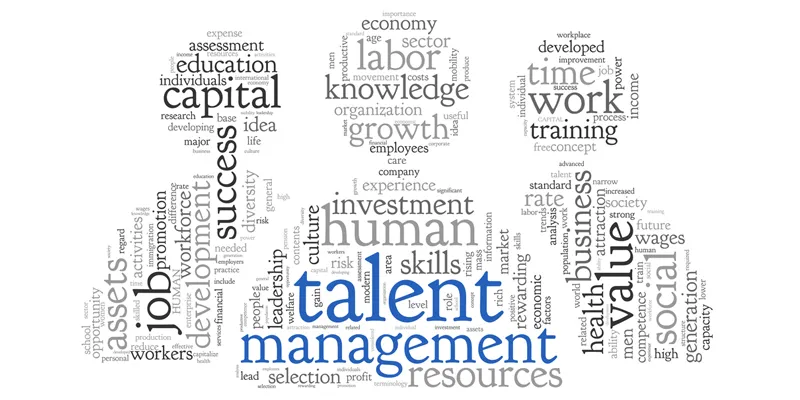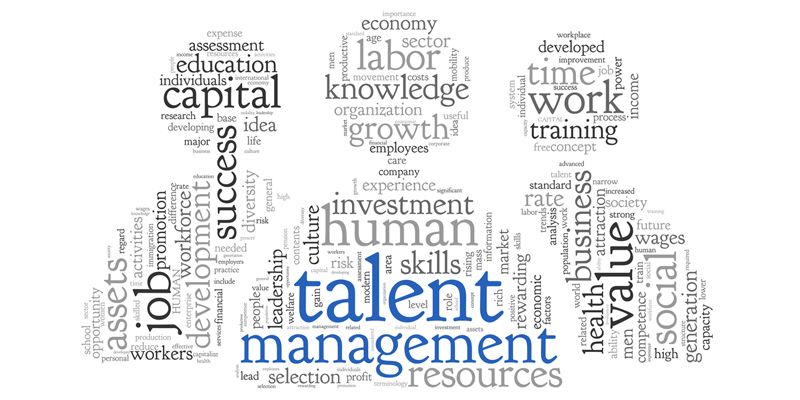6 ways of strategising talent management
Most organizations struggle with their talent management, swaying from surplus of talent to shortfall, here are six ways to manage workforce.

Most organizations struggle with their talent management, swaying from surplus of talent to shortfall. Keeping pace with global shifts makes the job extremely complex. Global politics, economic changes and accelerated technology changes all impact the business and consequently talent management.
Indian IT services sector is a perfect case in point. It has been disrupted by Brexit, new US immigration norms, AI, robotics etc. In such an environment how does one build a talent management strategy that will give the best leverage to meet the needs of today and future proof for tomorrow?
We are suddenly talking about an existential crisis in many sectors. Most of these sectors while show a good growth today have a questionable tomorrow. If electric cars come into effect, how will it impact the automobile or oil & gas sectors? How does one anticipate the need for human capital when both the number and nature of talent is highly unpredictable and the cost of getting it wrong is colossal?
In today’s context, the operating principles applied to talent management are rather uncharacteristic.
Here are six ways to strategise talent management:
- Abandon long term talent forecasts. Shift to short term simulations - the idea that we can accurately predict talent demand for an entire company several years in advance is a myth. Lifelong employment and job security is not what the new generation of employees are looking for. An optimal approach is developing the internal talent, because it is cheaper, less disruptive and makes external hiring faster and more responsive.
- Realize the shift from generic to technical– the job of a manager is becoming redundant, it is about the expertise and individual impact one has on the value chain. One must keep pace with the advancement in technology; it is impossible to build for internally. Technical experts have different aspirations; most of them do not wish to lead a business, and hence their engagement drivers are far from the traditional.
- Be young by being relevant to the young. The new generation is special– 80% of them do not aspire to be a CEO. Purpose, impact on the community and learning opportunity mean more to them than job security, benefits and job title. For them a digital workplace is not just about offering flexibility to work from home, it is far more evolved. For the older generation refusing to take a new position was a career-ending move. Today, young employees are clearly looking for challenge and not necessarily the next level; promotion without job enrichment will not help you lure anymore.
- Contingent workforce will be the trend - everyone you need in your organization might not be or want to be a full time employee; the freelance economy is growing and gives easy access to a very diverse skillset. This is not only effective to manage your people costs but also helps you manage expectations and deliver better performance. By increasing utilisation one can negotiate the wage, save on training, lessen the burden on office infrastructure and effectively reduce overall costs.
- Make RoE count. Improve the return on employee development– by being selective, balancing build versus buy, looking for quality and not quantity companies can become more specific on who and what.
- Embrace the misfits. Make diversity of thought your differentiator – our traditional talent management rewards conformity, familiarity and not creativity.. While we are looking for a very distinct “type” that will thrive in our context, the new age skills we need to remain competitive will require us to be exactly the opposite.
If you are lagging behind your competition, chances are your talent management is not working for you. When your CEO says that human capital is their biggest challenge/ risk, they are questioning the effectiveness of the current talent management.
Next time you submit a million dollar plan for your talent management, ask yourself if this is an expense or an investment and how is it going to get you any different results from the previous year. Pause and reset your agenda.
(Disclaimer: The views and opinions expressed in this article are those of the author and do not necessarily reflect the views of YourStory.)








![[Funding roundup] iSprout, Healthfab, Rage Coffee, Stage3, others raise capital](https://images.yourstory.com/cs/2/a09f22505c6411ea9c48a10bad99c62f/Image03w0-1640781482458.jpg)


